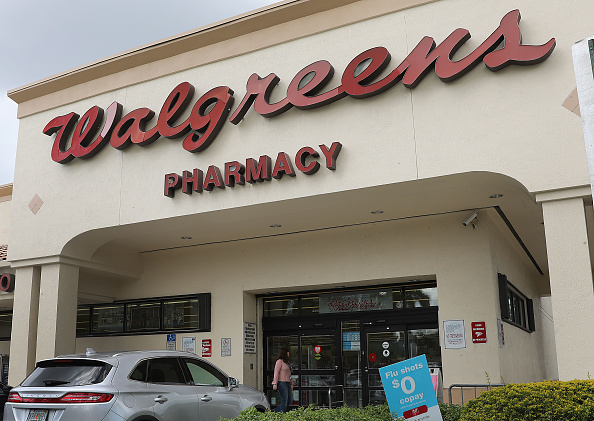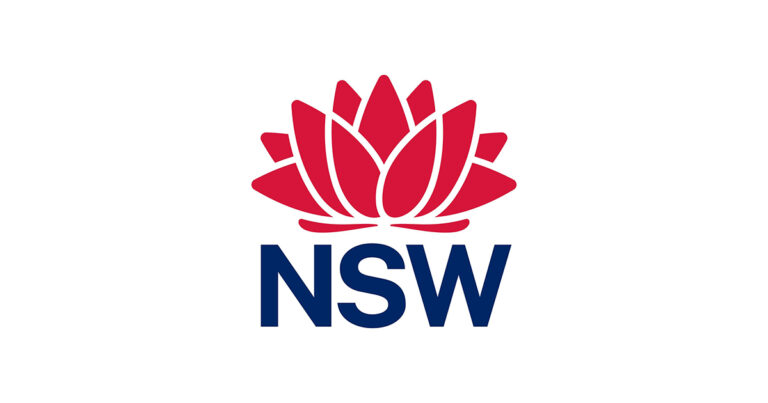
Walgreens jumped on board the private equity rescue ship named Sycamore Partners earlier this year and late August the deal worth $10 billion was completed.
While some say the sale to private equity was necessary as retail health faces numerous headwinds, at least one industry follower is concerned about what’s ahead for Walgreens. Private equity firms typically try to exit a company five to seven years after buying it.
“Healthcare is a long-term industry. It’s about long-term health. It’s about maintaining people’s health over decades. Private equity’s business model just inherently is short-term based. They are looking to get a company, profit off of it, exit the company in whatever way that is, whether it be bankruptcy or IPO or selling it off to another private equity firm,” said Matt Parr, communications director of the Private Equity Stakeholder Project, a nonprofit that has been tracking private equity moves.
Under Sycamore, Walgreens will split into five independent companies: Walgreens (pharmacy), The Boots Group (health and beauty retail business), Shields Health Solutions (specialty pharmacy solutions), CareCentrix (home health) and VillageMD (primary care).
Sycamore Partners and Walgreens declined to comment.
What could be ahead
There are a few reasons for why Parr finds this sale to Sycamore Partners concerning.
One is that over 70% of the deal is financed through debt, meaning Sycamore doesn’t “have much skin in the game,” he said.
“There’s already been plenty of coverage on Walgreens’ financial problems … and now you’re adding a lot more liability that Sycamore is putting onto that company that already has been struggling. It really could spell a lot of financial problems for Walgreens,” Parr stated, noting that in the first quarter of the year, 70% of the largest bankruptcies in the country were private equity-backed.
He added that a lot of communities rely on Walgreens as their sole pharmacy, so any financial challenges Walgreens has will have a direct impact on consumers.
The deal’s debt financing and Walgreens’ troubling financial problems are not the sole reason that concerns Parr.
Sycamore Partners has replaced Walgreens CEO Tim Wentworth with Mike Motz, who was previously the CEO of office retail store Staples, another Sycamore company.
“Under that CEO’s watch, Staples shuttered a third of its stores,” he said. “It cut tens of thousands of jobs. We’re wary that if Sycamore applies that same playbook to Walgreens, if that CEO that’s coming over from Staples applies that same playbook to Walgreens, we’re going to have … thousands of stores closed, tens of thousands of layoffs, pharmacy deserts in neighborhoods that are already struggling with access to medication.”
Sycamore Partners has also overseen several other high profile bankruptcies, including Belk, Nine West and Aeropostale.
As for breaking Walgreens into five separate companies, Parr speculates that Sycamore is trying to determine which company is the most profitable, which will likely lead to retail store closures that are a lower margin business and layoffs at the businesses that are not as profitable as the others.
Not everyone has negative views of the deal
To Michael Greeley, cofounder and general partner of Flare Capital Partners, disaggregating the company was the right move. Retailers have been struggling in healthcare recently, and Walgreens’ retail business was pulling down high-performing assets like Shields and CareCentrix.
“I think it’s been a terrific move to disaggregate these disparate assets,” he noted.
Another healthcare expert echoed this, noting that Walgreens hasn’t succeeded in tying together all its assets into a seamless experience for consumers. That is likely why Sycamore is splitting it up.
“Ultimately, the five businesses all have different margin profiles, cost structures, and opportunities for success: the company never was able to capitalize on the reciprocal value between each business. By comparison, CVS did [this] with its acquisition of Caremark, which lowered its drug costs, and the merger with Aetna created a closed loop on customer acquisition and negotiation,” said Warren Templeton, managing director of Health2047, the venture arm for the American Medical Association.
That said, there is no doubt that this deal will lead to store closures, which will have a significant impact on underserved communities.
“They’ll close stores that are not profitable or that don’t have a potential to generate free cash flow. And the concern is, do they start to close stores in markets that create healthcare deserts?” Greeley said.
It is also worth noting that most of Sycamore’s experience has been in retail, not healthcare.
“This is not just a typical retail takeover, which is what Sycamore is used to,” Parr said. “This is a much bigger behemoth for them to manage, and Sycamore already has a background of bankrupting smaller retail companies. So if that same trajectory happens with Walgreens, it’s going to be even more devastating than a Nine West going bankrupt.”
Photo credit: Joe Raedle, Getty Images






